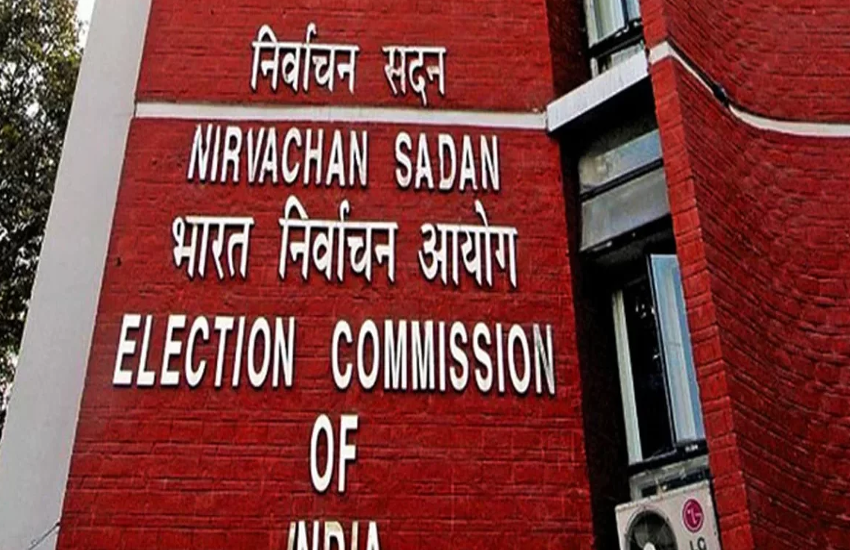Death row: why the state is impatient to hang Yakub Memon

Yakub Memon may die soon.
He will be hanged at 7 am on 30 July if his curative petition is dismissed by the Supreme Court.
Also read: Is President Kalam right? Does the death penalty only stalk the poor?
Yakub was accused of orchestrating the 1993 Mumbai serial blasts along with his brother 'Tiger' Memon, underworld don Dawood Ibrahim and his brother Anees Ibrahim.
His brother and the Ibrahims are still on the run.
Yakub was convicted and sentenced to death by a TADA court in 2007.
Last year, President Pranab Mukherjee turned down his mercy plea. And in April this year, the Supreme Court rejected his review petition and confirmed the death penalty.
The curative petition requesting a review of his sentence is Yakub's last hope. The SC will decide the matter on 21 July.
Curiously though, the Maharashtra government has already announced the time of his hanging.
Here is the low-down on the convict and his case.
Who is Yakub Memon?
Yakub Abdul Razak Memon grew up in Bhendi Bazaar in South Mumbai, one of six brothers. Sometime in the 1980s, their house collapsed and the family moved to Mahim.
There, his brother Mushtaq Abdul Razak Nadim Memon, better known as 'Tiger' Memon, got involved with the underworld, where he rose to become a close aide of Dawood Ibrahim.
Yakub reportedly was the best educated member of his family. He took a degree in commerce and became a chartered accountant.
In 1990, he started the firm Mehta and Memon Associates with a Hindu friend. He had also set up a business company, Tejarath International, to export meat to West Asia.
Tiger Memon wanted to avenge the Babri Masjid demolition and found a 'very willing friend in Dawood Ibrahim'
Yakub was arrested in July 1994 - from Kathmandu, he says, though the CBI claims he was picked up from Delhi - and sentenced to death in 2007.
The ruling was upheld by the Supreme Court in 2013. The court called him the "driving force" behind the bombings.
Yakub has spent 20 years in prison, eight of those on death row.
In 2013, he got a Masters in English from IGNOU, while in jail, and is now reportedly studying for another masters.
What was his role in the 1993 serial blasts?
The 1993 serial bombings killed 257 people, injured 713 and destroyed property worth Rs 27 crore.
The blasts, a dozen of them, went off between 1:33 pm and 3:40 pm on 12 March across Mumbai. The targets included the Bombay Stock Exchange, Katha Bazaar, Sena Bhavan, and Century Bazaar.
According to Yakub's counsel, Jaspal Singh, "it was in the atmosphere of hurt from the Babri Masjid demolition" that Tiger Memon had decided to take revenge and found a "very willing friend in Dawood Ibrahim" to execute his plan.
It was the first time RDX was used in India. Search for the explosive's source led investigators to ISI. It was found that the Pakistani spy agency had not only supplied the RDX, but trained the attackers as well.
Yakub was convicted of aiding, abetting and facilitating the attack. He was in charge of the logistics and arranged Rs 21.90 lakh for the operation.
Why is the Fadnavis government impatient to hang him?
Though no political party has opposed Yakub's death sentence, Maharashtra's main opposition, the NCP, has questioned the state government's haste in announcing the time of his hanging while his appeal is still pending.
"Showing haste is not right. Why are they are in a hurry? Can't they wait for a few more days? The legal process is not complete yet. It makes one wonder," said NCP leader and senior criminal lawyer Majid Memon.
The perception is that the BJP government is trying to gain political capital from the execution.
Not unlike the Congress, which had similarly rushed to hang the Parliament attack accused Afzal Guru to project itself as the safe-keeper of national security ahead of the 2014 general election.
And just like Guru's case, Yakub's fate, whichever way the Supreme Court decides, is certain to sharpen the debate, and divisions, on death penalty in India.
1993 Mumbai blasts was the first time RDX was used in India. Search for its source led to the ISI
The arguments against it are many. The moral one is that however barbaric the crime, as Yukub's was, death penalty is out of character with our democratic ethos.
It's essentially, its opponents argue, state-sanctioned murder and serves no other purpose than to satisfy the society's collective bloodlust. In fact, the Supreme Court, infamously, gave this very reason when sending Guru to his death: that the death penalty was necessary to assuage "the collective conscience of the society".
Then, there is the logical argument that the death penalty is counter-productive. A criminal wanting to turn himself in could be put off by the threat of the gallows.
Indeed, as Yakub reportedly told the trial: "Everyone told me not to surrender. Yet, I came, believing the system will treat me fairly."
He had begged for clemency, believing that, by submitting to the law, he had shown remorse for his actions. Instead of mercy, he got death.
What message does this send?





![BJP's Kapil Mishra recreates Shankar Mahadevan’s ‘Breathless’ song to highlight Delhi pollution [WATCH] BJP's Kapil Mishra recreates Shankar Mahadevan’s ‘Breathless’ song to highlight Delhi pollution [WATCH]](https://images.catchnews.com/upload/2022/11/03/kapil-mishra_240884_300x172.png)

![Anupam Kher shares pictures of his toned body on 67th birthday [MUST SEE] Anupam Kher shares pictures of his toned body on 67th birthday [MUST SEE]](https://images.catchnews.com/upload/2022/03/07/Anupam_kher_231145_300x172.jpg)






